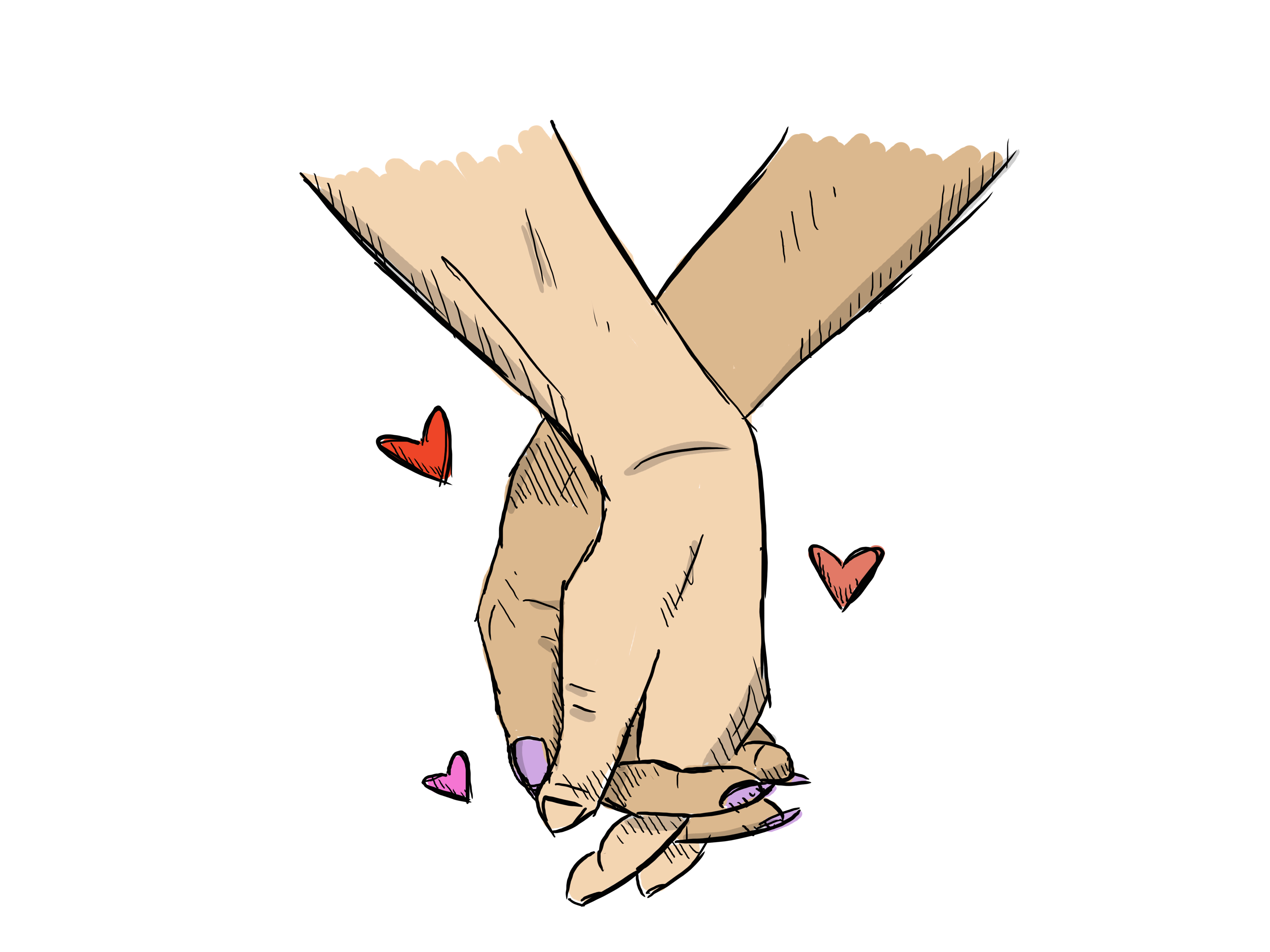
Healthy relationships have conditions and boundaries
By Janis McMath, Editor-in-Chief
Dogs are seen as unconditional bundles of love, but dogs have very strict (and simple) rules that need to be obeyed in earning their love.
Societies around the globe have always romanticized the concept of unconditional love. Pop songs glorify it, relationship gurus emphasize the importance of it in a relationship, and everyone has something negative to say about unconditional love’s opposite: conditional love. While well meaning, this concept regarding love is severely flawed and, in a few words, dead wrong.
A common definition of unconditional love is a love offered “without expectation or repayment.” Unconditional love is to be there for someone at their worst and still love them wholly. Part of this is a positive and lovely idea, but if we follow the logic to the end, we can see the negative underbelly: accepting someone’s abuse because you love them “regardless of their flaws.”
It’s not hard to find a bunch of examples of abusive partners romanticized in media; Edward in Twilight basically controlled Bella and watched her while she slept pre-relationship when he was crushing on her, Ross and Rachel’s relationship in Friends is all about manipulation, lying, and dramatic arguments, and Khal Drogo forces himself (only in the show) on Daenerys in the beginning of Game of Thrones, yet people are still constantly tweeting “you’re my sun and stars.” A lot of these examples are explained as unconditional love, and it feels like they are only given that title because people are aware of how many absurd obstacles have been faced in these relationships. Unconditional love is given as an honorary title often as a celebration of the unbelievable (and sometimes extremely negative) hardships faced and conquered. This concept is what causes people to romanticize the idea of love overcoming all obstacles—and while that is beautiful, there are some obstacles love should never overcome.
Manipulation, cheating, and lying are great examples. These are examples of emotional abuse which individuals should not tolerate in any relationship, but culture romanticizes them and so do the young adults that consume that media. A selfless love is a toxic love to the giver; personal emotional needs should be fulfilled in a relationship—it only makes the relationship better for both people if both are satisfied. Everyone has expectations for their partners, as they should, so pretending that love is “without expectation” can deprive partners of being honest with what they need. Using “don’t you love me unconditionally” is also an easy way for an abuser to pressure their victims into doing things they feel uncomfortable with.
Even a dog loves conditionally. Dogs that face physical abuse often become aggressive or completely terrified and unsocial; dogs that receive proper care, love, food, and physical exercise are often happy and love their owners. Dogs are seen as unconditional bundles of love, but dogs have very strict (and simple) rules that need to be obeyed in earning their love.
All of this is not to say that conditional love doesn’t have abhorrent examples: only loving your children if they obey your will, loving a partner simply for their possessions or looks, rejecting a family member because of sexuality or religion—the list is endless. Clearly there are conditional loves that are predicated on terrible and unfair conditions. But a conditional love with fair boundaries that protects the giver is what all good relationships are built upon. A good partner will have similar conditions for the relationship and naturally follow your conditions since your values align. Always look to protect yourself and your well-being; don’t commit to anyone who doesn’t respect your reasonable needs and boundaries.

